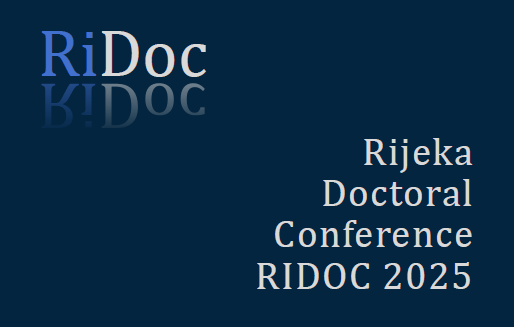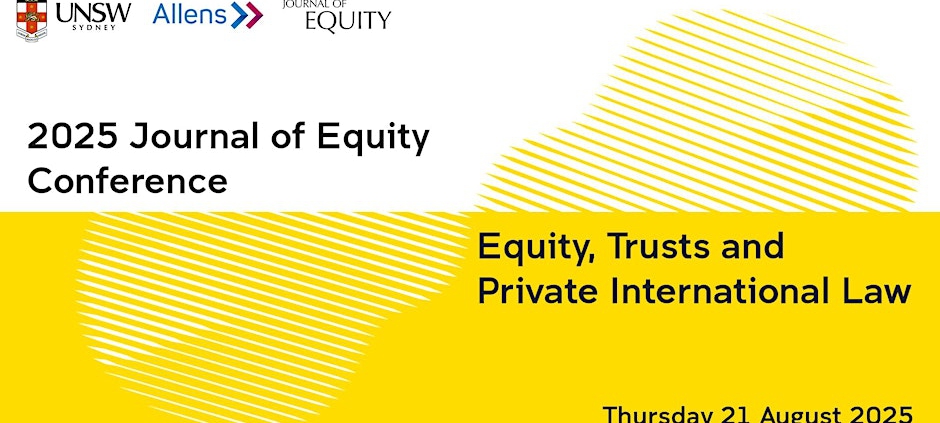Views
Sovereign Immunity and the Enforcement of Investor–State Arbitration Awards: Lessons from Devas V. India in Australia, The United Kingdom and India
Written by Samhith Malladi, Dual-qualified lawyer (India and England & Wales), and Senior Associate, Shardul Amarchand Mangaldas [Bombay office]; and Niyati Gandhi, Partner, Dispute Resolution, Shardul Amarchand Mangaldas [Bombay office]
The Recalibration of Enforcement Doctrine
The global campaign to enforce arbitral awards against the Republic of India arising from its long-running dispute with Devas Multimedia has witnessed a significant doctrinal shift in the treatment of sovereign immunity within the enforcement of investor–state dispute settlement (ISDS) awards.
To recall, the dispute arises from a contract entered in 2005 between Devas Multimedia Private Limited (Devas) and the Indian state-owned Antrix Corporation (Antrix), which was the commercial arm of the Indian Space Research Organisation. Antrix had agreed to lease S-band spectrum to Devas to broadcast its multimedia services in India. Antrix terminated this contract in 2011 citing national security concerns. In a nutshell, the dispute spawned three concluded arbitrations – a commercial ICC arbitration between Devas and Antrix and two investor-state arbitrations between Devas’ shareholders and India under the India-Mauritius Bilateral Investment Treaty (BIT) 1998 and the India-Germany BIT 1995. In 2022, Devas’ Mauritian shareholders commenced another investor-state arbitration against India under the India-Mauritius BIT in relation to India’s efforts to thwart the award against Antrix in the ICC arbitration, which currently remains pending before the Permanent Court of Arbitration. An overview of the various proceedings arising from this dispute has been previously discussed on this blog here. Read more
Conflict of Law Rules in the Early 20th Century Ethiopia: A Brief Legal History
Guest post by Bebizuh Mulugeta Menkir, former Lecturer of Laws in University of Gondar, currently working as a Lawyer and Senior National Consultant for a legal reform project. E-mail: babimulugeta@gmail.com
The Ethiopian legal system is characterized by the absence of codified rules on conflict of laws. Though it cannot be considered as the exact period in which conflict of laws have emerged in Ethiopia, some elements of such rules can be found even in the early 1900s, which is long before the modern codes were developed in 1950s and 1960s.
A book written by Mersehazen Woledekirkos titled “Ye Hayagenawe Keflezemen Mebacha:Ye Zemen Tarik Tezetaye Kayehute ena Kesemahute 1896–1922”[1] is a record of historical events that happened in 20th century Ethiopia. One of the records is the “Trade Agreement (1908)” that was signed between Ethiopia and France. This agreement, among others, regulates the adjudication of disputes between Ethiopian and French nationals/dependents. This short piece aims to briefly discuss the salient conflict of laws rules that are incorporated in this trade agreement. Read more
US Supreme Court: Hearing in Smith & Wesson Brands, Inc. et al. v. Estados Unidos Mexicanos (Mexico). Selling guns comparable to selling beer to teenagers?

Written by Mayela Celis, Maastricht University
The hearing in the case of Smith & Wesson Brands, Inc. et al. v. Estados Unidos Mexicanos (Mexico) No. 23-1141 took place in March 2025 before the US Supreme Court. We have previously reported on this case here and here. The transcript and the audio files can be found here.
As previously indicated, this is a much-politicized case brought by Mexico against US gun manufacturers. Mexico alleges inter alia that defendants actively assist and facilitate trafficking of their guns to drug cartels in Mexico. Among the claims for relief are: Negligence, public nuisance, defective condition – unreasonably dangerous, negligence per se, gross negligence, unjust enrichment and restitution, violation of CUTPA [Connecticut Unfair Trade Practices Act], Violation of Mass. G.L. c. 93A [Massachusetts Consumer Protection Act] and punitive damages.
News
Doctoral Conference on Law – Abstract Submissions Open for RIDOC 2025
The Faculty of Law at the University of Rijeka has announced the upcoming edition of RIDOC: Rijeka Doctoral Conference, which will take place on Friday, 12 December 2025 in Rijeka, Croatia.
RIDOC is an international academic conference designed for doctoral students in law and related disciplines. It offers a unique platform for early-career researchers to present, test and discuss their research ideas in front of an expert academic audience and fellow PhD candidates from across Europe and beyond.
Key Information:
Conference date: 12 December 2025
Location: Faculty of Law, University of Rijeka (Croatia)
Abstract deadline: 20 October 2025
Submission email: ridoc@pravri.uniri.hr
More information on the web
Contributions from all areas of legal research are welcome, including private international law and related areas. The language of the conference is English.
Report on the 2025 Journal of Equity Conference – Equity, Trusts and Private International Law
On 21 August 2025, the UNSW School of Private and Commercial Law, the Journal of Equity and Allens jointly hosted the 2025 Journal of Equity Conference. This year’s one-day Conference focused on important questions at the intersection of equity, trusts and private international law. It featured four papers delivered by judges and scholars, each of which was followed by ample time for insightful questions and discussion among over 30 judges, lawyers and scholars attending the office of Allens in (rainy) Sydney.
New Editor
We are delighted to announce another addition to our Editorial Board: Elsabe Schoeman.
Elsabe has long been one of the leading scholars of private international law in South Africa, having authored countless publications in the areas of jurisdiction in cross-border commercial litigation and choice of law in contract, delict/tort and selected areas of family law, with a recent focus on access to justice for victims of human rights infringements and environmental torts. She has also advised a variety of law commissions and private law firms on these topics.
Elsabe has just left the office of Dean of the Faculty of Law at the University of Pretoria and will be focusing her work for the blog on legal developments in South Africa.






